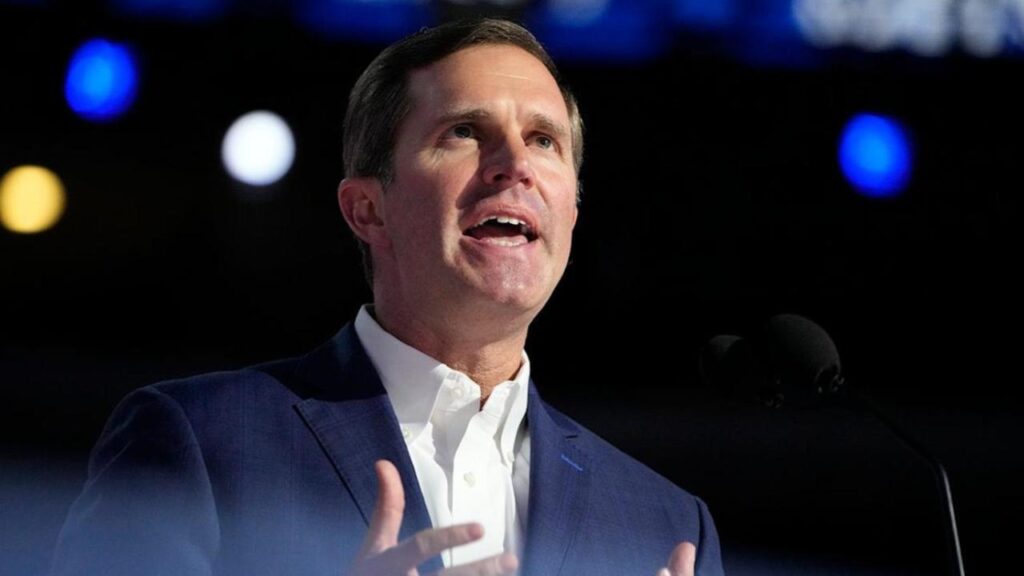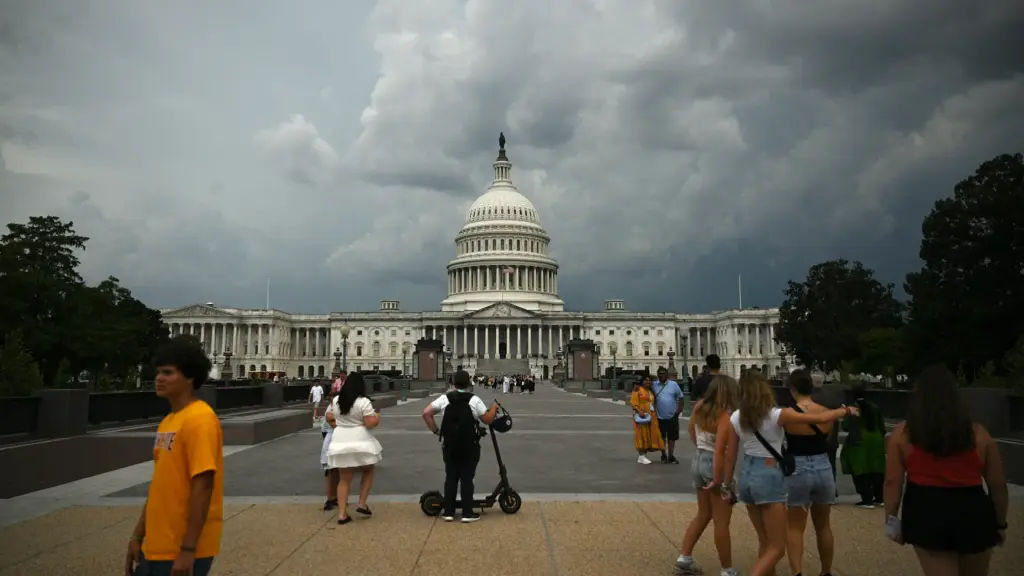Kentucky Gov. Andy Beshear has issued a stark warning: proposed Medicaid cuts in former President Donald Trump’s signature budget legislation could devastate rural communities, stripping coverage from 200,000 Kentuckians and putting 35 hospitals at risk of closure. “This is the single worst piece of legislation I’ve seen in my lifetime,” he told CNN. “It’s a direct attack on rural America.”

Kentucky Governor Warns: Trump’s Medicaid Cuts
| Takeaway | Detail |
|---|---|
| Lives at risk | 200,000 people in KY could lose Medicaid coverage |
| Hospital closures | Up to 35 rural hospitals in KY are in danger |
| Economic fallout | 20,000 healthcare jobs may be lost |
| Funding shortfall | KY projected to lose $12.3 billion over 10 years |
| National context | 300+ rural hospitals at risk across U.S. |
This isn’t just a policy fight in Washington. It’s a life-or-death issue for hundreds of thousands of rural Americans. Kentucky may be the flashpoint, but communities across the country are watching closely—because they could be next.
The Governor’s Alarm Bells
Gov. Beshear says the math doesn’t lie: the state stands to lose more than $12 billion in Medicaid funding over the next decade, a blow that would gut healthcare in regions already struggling. While Republicans have added a $50 billion rural hospital fund to soften the blow, Beshear and healthcare advocates argue it’s not nearly enough.
“Most of these hospitals run on 40% to 50% Medicaid revenue,” Beshear explained. “If we lose that, we lose our hospitals, and our communities lose their lifeline.”
What’s at Stake in Rural Kentucky
The National Rural Health Association reports that proposed Medicaid cuts could drain up to 21 cents of every dollar in hospital revenue from rural providers. In Kentucky, where Medicaid expansion under the Affordable Care Act dramatically increased coverage, the loss would be particularly painful.
UNC Chapel Hill researchers estimate that more than 300 rural hospitals nationwide are in jeopardy. With 35 Kentucky hospitals on the chopping block, the state faces a disproportionate hit. Services like emergency rooms, maternity wards, and addiction recovery centers could vanish overnight.
The Human Cost
In counties like Harlan, more than half the population relies on Medicaid. Clinics treating opioid addiction have already started downsizing in anticipation of funding losses. In my own reporting trips through Eastern Kentucky, I’ve seen firsthand how local hospitals serve as both medical and economic hubs. Losing them means more than inconvenience—it means delayed diagnoses, unmanaged chronic illness, and avoidable deaths.

One rural nurse from Nebraska summed it up: “If you close our ER, people won’t make it in time. It’s that simple.”
A National Flashpoint
Republican lawmakers say the cuts are necessary to rein in Medicaid spending and reduce fraud. Their $50 billion rural hospital fund is meant as a cushion, spread over five years. But critics, including some GOP senators, argue it falls short of covering the $800 billion to $1 trillion hole in Medicaid funding over the same period.
Sen. Josh Hawley and Sen. Mike Johnson, both Republicans, have expressed concern that rural communities weren’t adequately considered in the bill’s current form. Meanwhile, healthcare groups like the American Hospital Association and the NRHA are ramping up lobbying efforts.
Looking Ahead
The bill is now under Senate review. Kentucky and other high-impact states are exploring legal and policy workarounds to mitigate damage. But for now, uncertainty reigns.
Gov. Beshear is urging voters and lawmakers alike to take a hard look at the real-world consequences. “This isn’t a line item. It’s someone’s chemo. It’s their ER visit. It’s their child’s first doctor’s appointment.”
FAQs
Are rural hospitals really at risk?
Yes. Studies from UNC Chapel Hill and the National Rural Health Association project hundreds of closures if the cuts pass.
What does the $50B rural fund do?
It provides temporary support, but experts say it won’t be enough to offset the massive cuts to Medicaid reimbursements.
How many Kentuckians will lose coverage?
Gov. Beshear estimates 200,000 people will be dropped from Medicaid.
Why is Medicaid important to rural areas?
Medicaid is often the largest payer for rural hospitals, which operate on tight margins and serve disproportionately poor and elderly populations.






